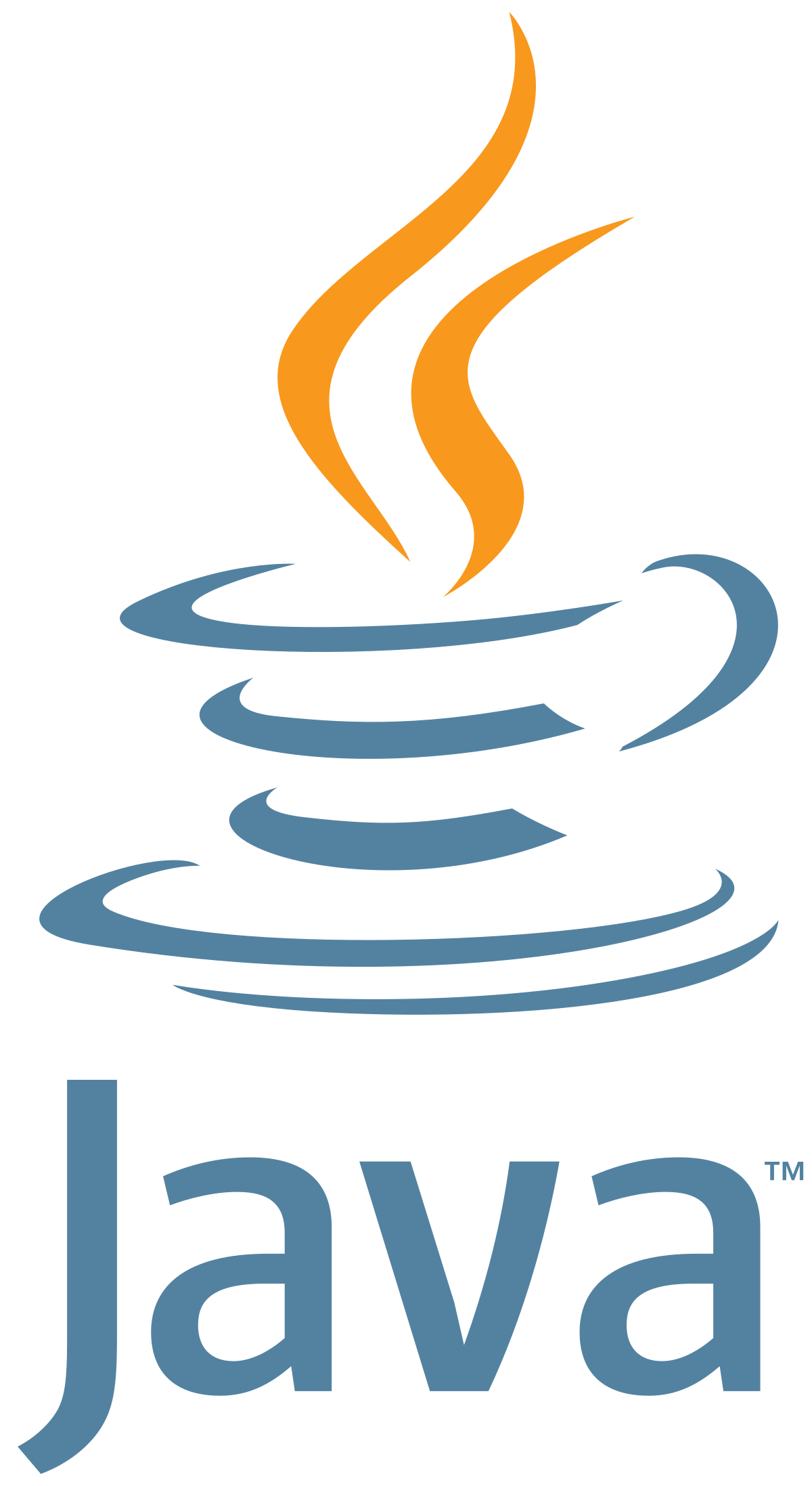What is Java?

Hire Arrive
Technology
about 1 year ago
 Java is a high-level, class-based, object-oriented programming language that's widely used and incredibly versatile. Developed by James Gosling at Sun Microsystems (later acquired by Oracle), it was initially designed with the motto "Write Once, Run Anywhere" (WORA), a concept that's central to its enduring popularity. But what exactly does that mean, and what makes Java so significant in the world of software development?
Java is a high-level, class-based, object-oriented programming language that's widely used and incredibly versatile. Developed by James Gosling at Sun Microsystems (later acquired by Oracle), it was initially designed with the motto "Write Once, Run Anywhere" (WORA), a concept that's central to its enduring popularity. But what exactly does that mean, and what makes Java so significant in the world of software development?
The "Write Once, Run Anywhere" Philosophy:
Java's core strength lies in its platform independence. Unlike many languages that compile directly into machine code specific to a particular operating system (like Windows or macOS), Java compiles into bytecode. This bytecode is then executed by the Java Virtual Machine (JVM), a software layer that acts as an intermediary between the code and the underlying operating system. This means that the same Java program, once compiled into bytecode, can run on any system with a compatible JVM installed, without needing to be recompiled for each platform. This portability is a huge advantage for developers, allowing them to write code once and deploy it across a wide range of devices and systems.
Key Features of Java:
* Object-Oriented Programming (OOP): Java is fundamentally object-oriented, meaning it organizes code around "objects" that contain data (fields) and methods (functions) that operate on that data. This approach promotes modularity, reusability, and maintainability of code.
* Platform Independence (WORA): As mentioned earlier, the JVM's role in abstracting away the underlying operating system is a cornerstone of Java's success.
* Robustness: Java incorporates features designed to prevent errors and enhance security. Automatic garbage collection manages memory allocation and deallocation, reducing the risk of memory leaks. Exception handling mechanisms allow developers to gracefully handle runtime errors.
* Security: Java's security features are crucial for applications running in various environments, including web browsers (applets, though less prevalent now) and enterprise systems. The sandboxed environment of the JVM limits the potential impact of malicious code.
* Multithreading: Java supports multithreading, allowing multiple tasks to run concurrently within a single program. This enhances performance and responsiveness, especially in applications that need to handle multiple requests simultaneously.
* Large and Active Community: Java boasts a vast and active community of developers, providing ample resources, libraries, and support for programmers of all skill levels.
Where is Java Used?
Java's versatility extends across a wide spectrum of applications:
* Android Development: Java (and increasingly Kotlin) is a primary language for Android app development.
* Enterprise Applications: Java is widely used for building large-scale, robust enterprise applications, often involving databases and server-side processing.
* Web Applications: Java frameworks like Spring and Struts are popular choices for creating web applications and services.
* Big Data Technologies: Java plays a role in technologies like Hadoop and Spark, used for processing and analyzing large datasets.
* Desktop Applications: While less common now compared to web applications, Java can still be used to create desktop applications.
In Conclusion:
Java remains a powerful and relevant programming language, thanks to its platform independence, robust features, and vast ecosystem. While newer languages have emerged, Java's maturity, widespread adoption, and continuous evolution ensure its continued importance in the software development landscape. Its versatility makes it a valuable tool for developers tackling a broad range of projects.